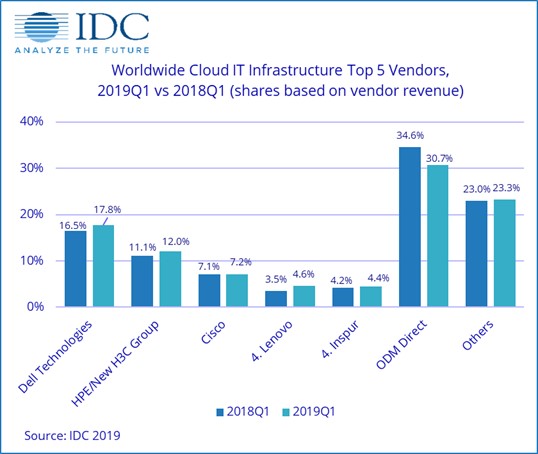The possibilities for mobile data are already cause for great excitement and recent findings may see this feeling hit a new peak.
Gartner has predicted that mobile data traffic will increase exponentially in the next three years, reaching a staggering 173 million terabytes during 2018. In 2015 alone, 52 million terabytes is set to be produced, a 59 per cent increase on the mobile data traffic from the previous year.
Mobile data traffic will increase exponentially in the next three years.
While a lot of this increase will come from new users of mobile data, Jessica Ekholm, research director at Gartner, also highlighted there will be growth from existing users updating their networks.
"New, fast mobile data connections (3G and 4G) will grow more slowly, from 3.8 billion in 2015 to 5.1 billion in 2018, as users switch from slower 2G connections and consume more mobile data," she said.
The Gartner report also revealed how exactly data is being used in different parts of the world. Polls conducted in the USA and Germany last year showed that while 43 per cent of American users felt unrestricted by their data caps, only 20 per cent of Germans felt the same.
Because of this, the majority of those surveyed (56 per cent) wait until they are in a free Wi-Fi area to download large files and stream video. By comparison, only 36 per cent of Americans felt the same way.
These differences are unsurprising considering that 34 per cent of German users still get a measly 500 megabyte cap per month. In the UK, poor Wi-Fi creates a reverse situation. According to a poll conducted by Global Wireless Solutions, 40 per cent of Britons use data in their home, with 17 per cent saying they are forced to due to slow home connections.
In order to capitalise on growing mobile trends, communication service providers worldwide need to develop new methods to extend its capabilities in data provision. IT project management training may be necessary to undertake these development schemes.
 As mobile data usage grows, communication service providers must provide better plans for their customers.
As mobile data usage grows, communication service providers must provide better plans for their customers.While some companies may be falling behind the trend, others have embraced coming changes. Hans Vestberg, CEO of Ericsson, provided Fortune magazine with some surprising affirmations for the future in a July 20 article. He predicted that by 2020, 3G and 4G networks will be the main networks used worldwide. The reason Vestberg gave for this bold prediction was the decreasing prices of smartphones around the world.
"As device makers launch more inexpensive smartphones they'll proliferate around the globe," he said.
"For every $10 you reduce the price of the smartphone, 100 million more people will buy them."


 Feeling obliged to keep in touch with work at home can impede on your most precious relationships.
Feeling obliged to keep in touch with work at home can impede on your most precious relationships. Many cars have been recalled in light of hacking dangers.
Many cars have been recalled in light of hacking dangers. Have you thought about training?
Have you thought about training? A framework can be a great way to upskill.
A framework can be a great way to upskill. Mobile is a powerful agent for change in business.
Mobile is a powerful agent for change in business.
 Having a social CEO is now critical.
Having a social CEO is now critical. Female CIOs are thinking differently to their male counterparts.
Female CIOs are thinking differently to their male counterparts. The digital push Down Under will mean new IT jobs.
The digital push Down Under will mean new IT jobs. Big data has powerful applications in HR.
Big data has powerful applications in HR.